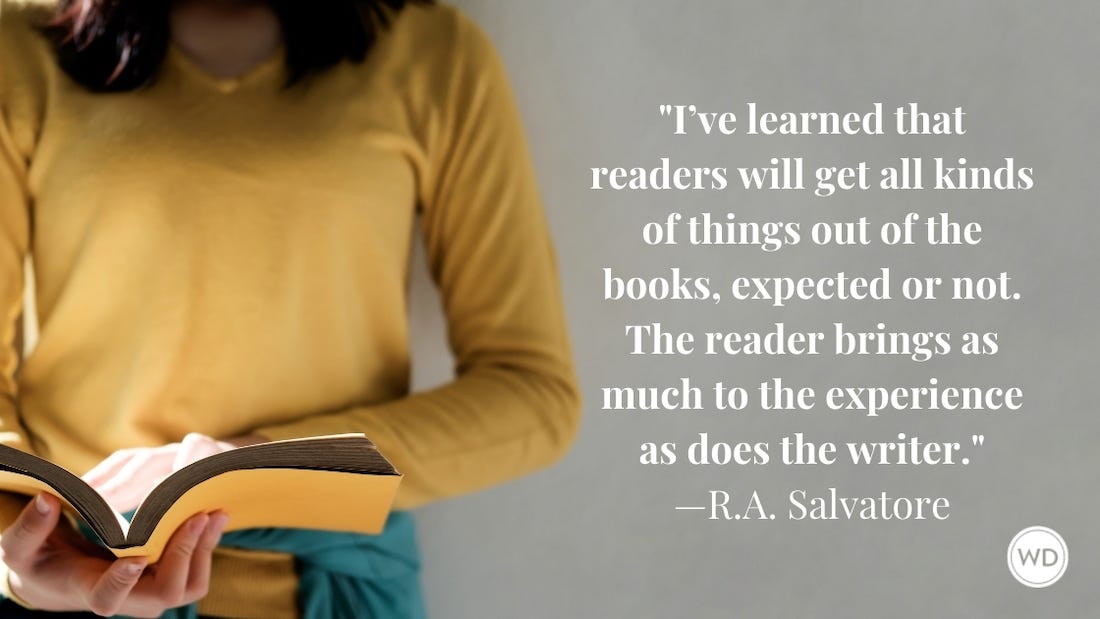The 4 Do’s and Don’ts of Time Travel
You’ve always dreamed of writing science fiction and fantasy tales that pull readers into extraordinary new worlds and fantastic conflicts. Best-selling author Orson Scott Card shows you how to develop the “rules” of time, space and magic that affect your world and its inhabitants.
Does that new science fiction novel have you stumped? Are you having trouble figuring out how to combine character arcs and interstellar travel? Well, let one of science fiction's greatest authors lend you a hand.
Here are 4 of Orson Scott Card's Do's and Don'ts of Time Travel:
1. If you go back in time, you can make any changes you want in the past and you'll continue to exist, because the very act of traveling in time takes you outside the timestream and removes you from the effects of changes in history. (See Asimov's The End of Eternity.)
2. If you go back in time, you can make changes that destroy your own society—so time travel is a closely guarded secret, and those who travel in time are only the most skilled and trusted people. Perhaps they are sent to rescue great works of art that have been lost for centuries. Or perhaps, as in John Varley's classic "Air Raid" (published under the pseudonym Herb Boehm), these time travelers are rescuing people from airplanes that are about to crash or ships that are about to go down with no survivors, so they can force these healthy people to colonize planets and save humanity from extinction in a hideously polluted future.
3. If you go back in time far enough, any changes you make won't have major effects in your own time, because history has a kind of inertia and tends to get itself back on track. So if you kill Napoleon as a baby, France still has an early-nineteenth-century empire and a protracted war with England, and by 1900 everything is right back where it would have been.
4. If you go back in time, you are only able to make changes that have no long-term effects, since any universe in which you change your own future could not exist.
Want more on how to write a good Science Fiction or Fantasy novel? Consider:
The Guide to Science Fiction & Fantasy
by Orson Scott Card
Become a WD VIP and Save 10%:
Get a 1-year pass to WritersMarket.com, a 1-year subscription to Writer's Digest magazine and 10% off all WritersDigestShop.com orders! Click here to join.
Also check out these items from the Writer's Digest's collection:
Writer's Digest Elements Of Writing Fiction: Beginnings, Middles & Ends
Writer's Digest Elements Of Writing Fiction: Scene & Structure
Writer's Digest Elements Of Writing Fiction: Description
Writer's Digest Elements Of Writing Fiction: Characters & Viewpoint
Writer's Digest No More Rejections
Writer's Digest Weekly Planner
Writer's Digest How to Land a Literary Agent (On-Demand Webinar)
Writer's Digest Magazine One-Year Subscription
Writer's Digest 10 Years of Writer's Digest on CD: 2000-2009









